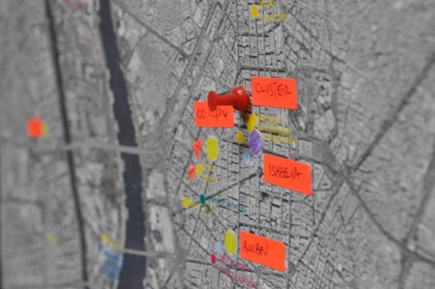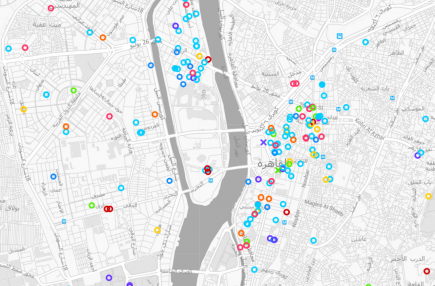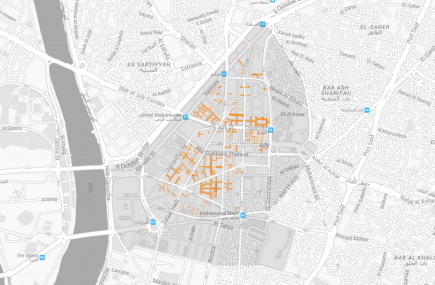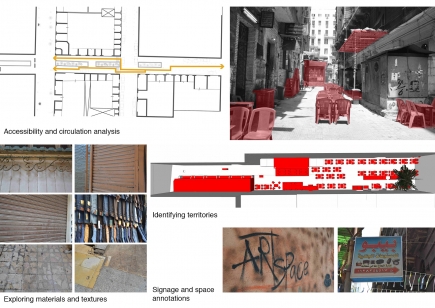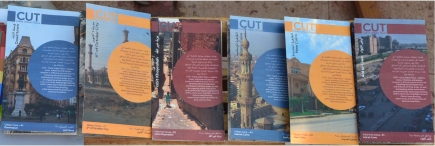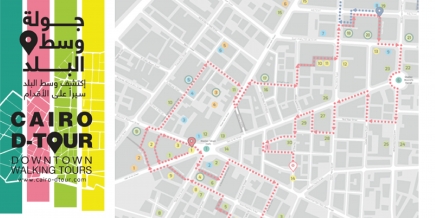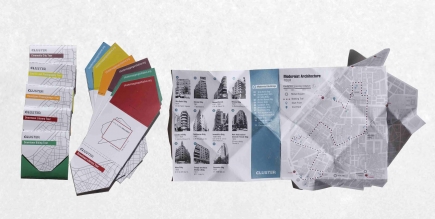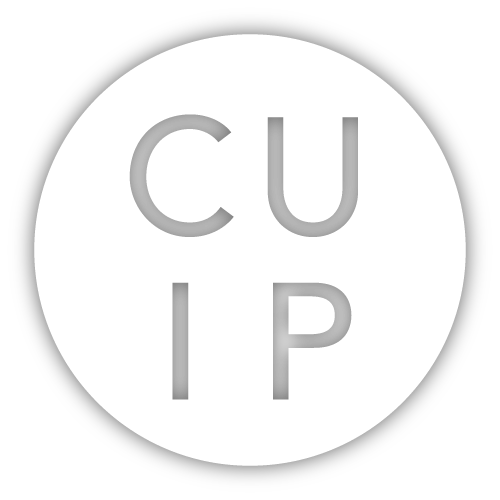In Arabic medical literature, three traditions can be differentiated: the early translations from Greek, Syriac and Indian sources, the authentic tradition developed in the so-called Islamic Golden Age and the translations from Latin sources beginning in the 17th century. The writings of many scholars of the second period who wrote in Arabic, like Rhazes (d. 925), Tamimi (d. ca. 980), Ibn al-Jazzar (d. ca. 980) and Avicenna (d. 1037), were translated into Latin, and their oeuvre formed the basis of medical knowledge in Europe until the end of the Middle Ages. However, our knowledge of the dynamics of these cultural transfers is still fragmentary, especially concerning the transfer of information on drugs unknown in the respective target culture. The lecture will trace the translation of terms and the medical usage of two drug groups within these traditions of medical science to explore the dynamics of the translation process, namely mercury and its derivatives, as well as mummies.
Since March 2011, Natalia Bachour is a lecturer and research fellow at the Department of Islamic Studies at the University of Zurich. She studied pharmacy at the Universities of Damaskus und Kiel, as well as Translation Studies at the University of Mainz. Her PhD-Thesis in the History of Pharmacy at Heidelberg University (Oswaldus Crollius und Daniel Sennert im frühneuzeitlichen Istanbul: Studien zur Rezeption des Paracelsismus im Werk des osmanischen Arztes Ṣāliḥ b. Naṣrullāh Ibn Sallūm al-Ḥalabī) was awarded the "Prix Carmen Francés" of the International Society of the History of Pharmacy.
